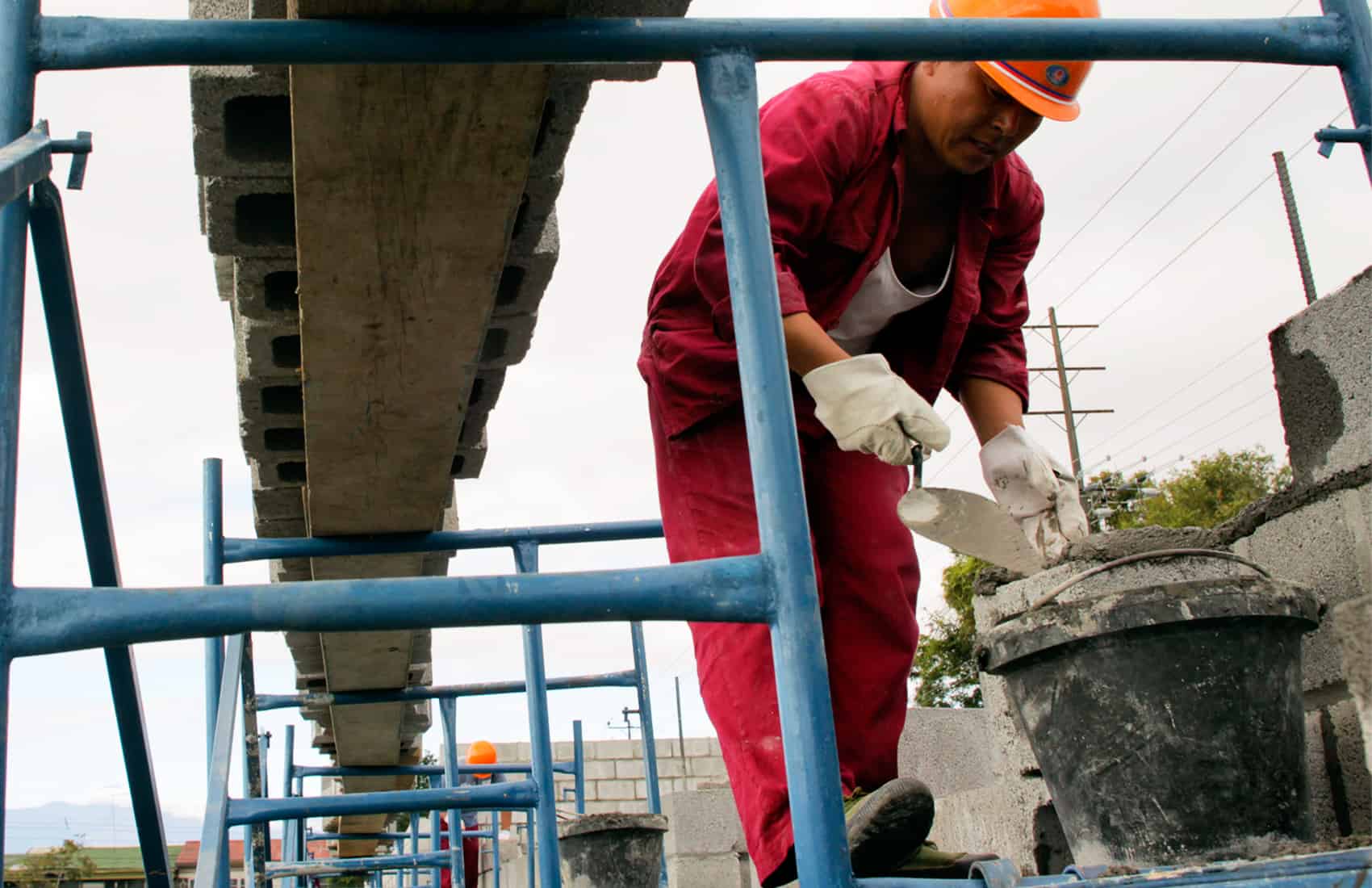Private-sector workers making minimum wage will receive a 0.5 percent hike starting July 1.
The National Wages Council, which includes representatives from the government, employers chambers and labor unions, agreed on the figure Wednesday evening after a negotiation that extended for over three hours at the Labor Ministry.
Labor Minister Carlos Alvarado proposed the agreed-upon figure, which represents an increase of ₡500 ($0.91) per every ₡100,000 ($182) of monthly salary.
According to Costa Rica’s labor laws the wage hike is only mandatory for workers who receive the minimum wage at their job category.
In addition, the Wages Council approved a 2 percent increase for monthly salaries of domestic workers.
Council members unanimously passed the government’s proposal of 0.5 percent, after rejecting various workers’ unions requests ranging from 2.13 to 3.5 percent.
Employers’ proposal of 0 percent also was rejected. Employers’ chambers claimed there were no grounds to increase wages as inflation recorded in the last 12 months was -0.43 percent, “meaning real wages actually grew during that period,” they said.
Council President Dennis Cabezas, who represents workers’ unions, noted that the approved hike is the lowest of the past three years.
“People feel that macroeconomic indicators do not keep a correct relation with their daily expenses,” Cabezas said. He added that it is contradictory that officials report a negative inflation figure but people feel their salary buys fewer things every month.
The National Workers Union stated in a public release that the approved increase is insufficient and will have a negative impact on the country’s working class.
Employers’ chambers leaders responded by saying they approved the wage hike even though the calculation formula supported their proposal of not doing any increase.
Franco Pacheco, leader of the Union of Private-Sector Chambers and Associations, said he accepted the government’s proposal mostly to promote dialogue and reach agreements between the sectors.
Last year the Wages Council approved a 0.67 percent hike for the private sector that went into effect in January.
Changes in wage calculation formula
Minister Alvarado said that the National Wages Council also approved a proposal to review the calculation formula used to set wage increases, as the country’s economic context has changed.
Alvarado said council members unanimously approved the review, which should be completed within three months.
Council members use a calculation formula that takes into account the projected inflation for the next semester, plus a compensatory adjustment consisting of the difference between that projected inflation and the inflation recorded the previous semester.
According to the National Statistics and Census Institute, private-sector workers represent 85 percent of the country’s total workforce, estimated at 2.06 million people.
Minimum wage in Costa Rica varies by profession and job category. See the full list of minimum wages in force for the first semester of this year here.






